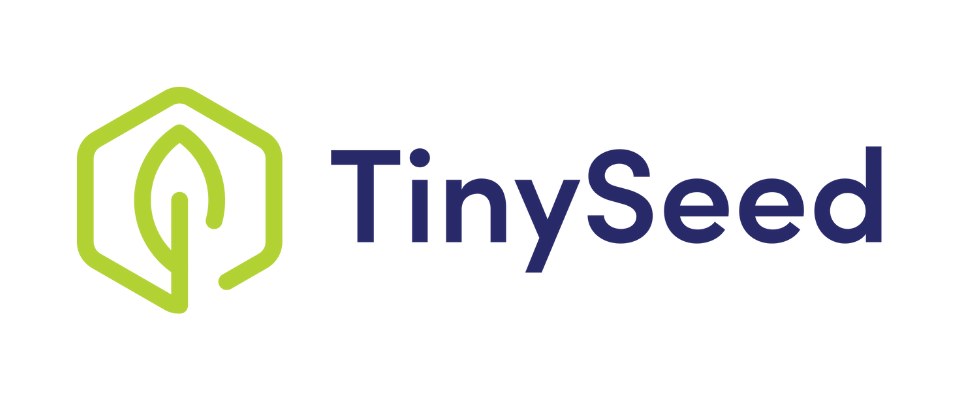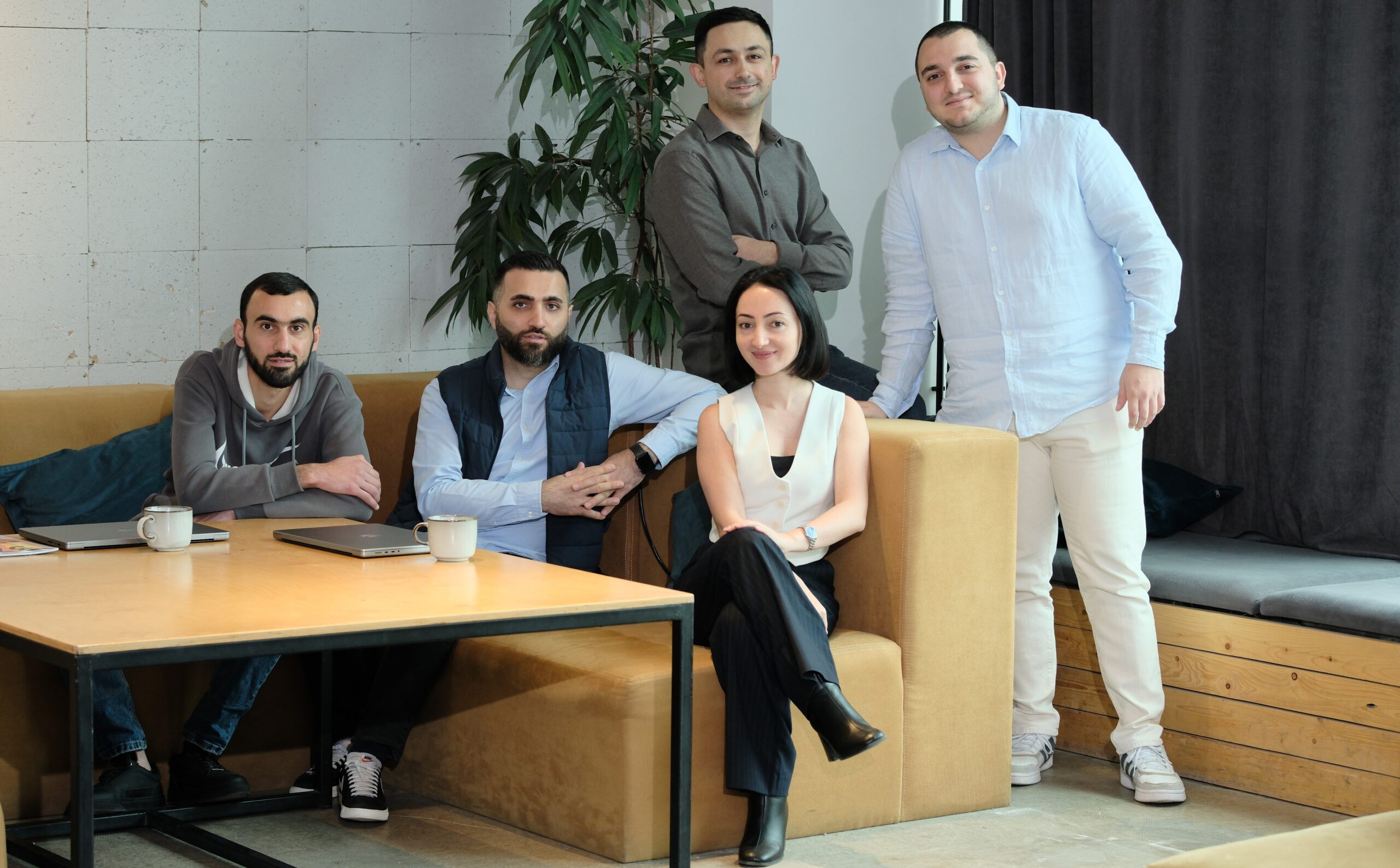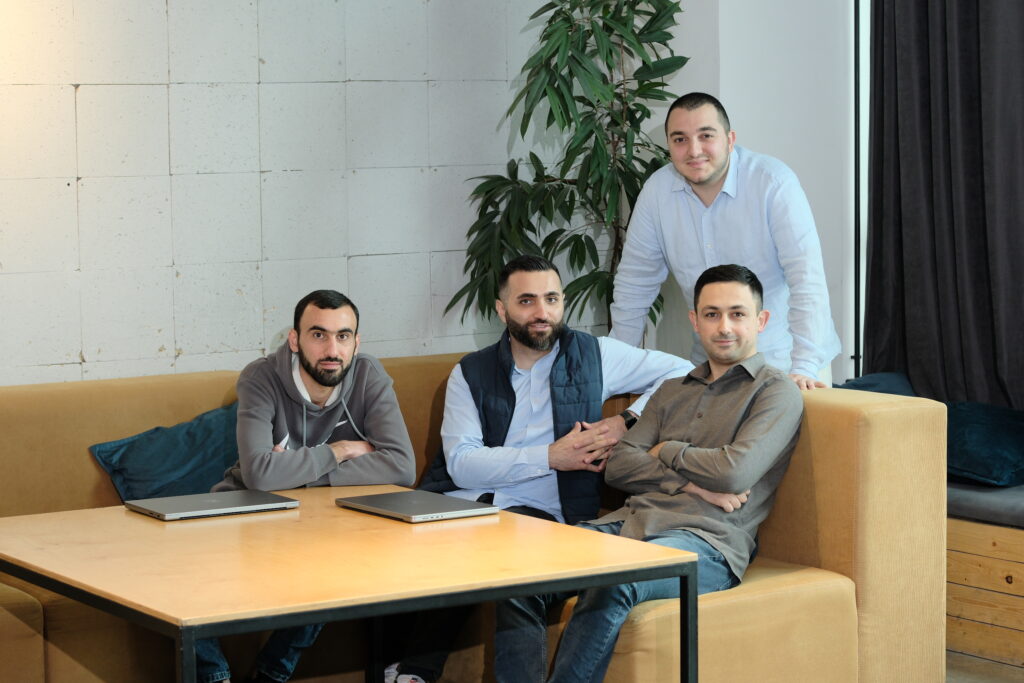Introducing Marty Aghajanyan from JBoard
Q: Can you introduce yourself and your startup?
A: I’m Marty, the founder of JBoard. JBoard empowers entrepreneurs, organizations, and communities to create their own job boards without needing to write any code. Essentially, it’s a no-code platform that simplifies setting up job boards for those who want to connect job seekers with opportunities without getting into the technicalities of website development.
Q: How did the idea for your startup come about?
A: The idea came to me while I was still employed full-time. I had the thought of starting a job board as a side project to earn additional income. At the time, I was working as an engineering manager at a leading company in the U.S. and wanted to avoid the deep dive into coding, which often becomes a time-consuming rabbit hole. My goal was to find a solution that allowed me to set up a job board without coding. Although there were some options available, none of them met my expectations, especially concerning search engine optimization (SEO). This gap in the market led me to conceptualize JBoard as a product that could meet these specific needs.
Why TinySeed?
Q: How did TinySeed come into the picture for you?
A: My introduction to TinySeed was quite organic. I was a regular listener of various podcasts, and Rob Walling, co-founder of TinySeed, hosted the “Startups For the Rest of Us” podcast that I followed. That’s how I first heard about TinySeed. Initially, my mindset was firmly on bootstrapping JBoard. I wasn’t keen on raising venture capital (VC) money because it didn’t align with my personal or business philosophy. I’ve always preferred the idea of growing a business based on its revenue, rather than relying on significant external funding and the pressure that comes with it. The thought of using someone else’s money and the possibility of not delivering the expected growth was daunting. I identify more with being a bootstrapper, someone who builds a business from the ground up, using limited resources and relying on personal effort and money. TinySeed appealed to me because it supports this kind of growth. They’re not your typical VC; they’re more friendly towards bootstrappers, which resonated with my approach and ultimately led me to join them.
How a Founder Gets In
Q: Can you describe the application process for joining TinySeed?
A: The application process for TinySeed was quite straightforward but thorough. It started with an online form where we had to input details about JBoard, like our current monthly recurring revenue (MRR), our goals, and other company specifics. After clearing the initial screening, there were two rounds of interviews. The first was with the program manager, and the second was with one of TinySeed’s founders, which I believe showcases their hands-on approach. They were keen on understanding not just our business model but also our mindset as founders.
Q: Was the application process competitive?
A: Definitely, it was highly competitive. TinySeed has a strong reputation in the bootstrapped startup community, attracting thousands of applications. They don’t just accept anyone; they’re looking for startups that already show some level of traction, evidenced by their MRR. This requirement ensures that they invest their resources, both money and time, in startups that have demonstrated growth potential. The emphasis on the founder mindset during the application also highlights their focus on the personal attributes of the individuals behind the startups.
Funding and Program Structure at TinySeed
Q: Does TinySeed provide funding immediately after acceptance?
A: Yes, once the contract is signed and all legal formalities are sorted out, TinySeed promptly wires the funding to us. This process underscores their efficiency and commitment to supporting startups right from the get-go.
Q: How much funding does TinySeed typically offer?
A: TinySeed’s funding ranges between $120,000 to $220,000, and in exchange, they receive about 10-12% in stock options. This arrangement is quite straightforward, providing startups with the essential capital to scale their operations while TinySeed gets a stake in the future success of these ventures.
Experiencing the TinySeed Program
Q: What was the program like once you joined?
A: TinySeed runs a comprehensive 12-month program, which I found incredibly beneficial. Initially, there’s an in-person event where you meet other founders and the TinySeed team, fostering a sense of community despite the program being remote. This event is crucial for setting the stage for the months ahead.
The program kicks off with an introduction to the TinySeed playbook, which covers fundamental aspects like pricing structures and marketing strategies. Following this, there’s a focus on networking and mentorship. TinySeed has a vast mentor network across various domains, ensuring that you can find guidance in almost any area of your business. Regular calls with mentors, coupled with mastermind sessions with fellow founders, form the core of the program’s later stages.
Throughout the 12 months, there’s a strong emphasis on peer learning and one-on-one mentorship, providing a well-rounded support system that addresses the multifaceted challenges of growing a startup.
Q: Reflecting on the program, what stood out to you the most?
A: The standout feature for me was how effectively TinySeed facilitated connections among founders. With hundreds of founders in a Slack channel, the platform for interaction was vast, allowing for a dynamic exchange of ideas and solutions. What made this particularly valuable was the relatability of the advice received. While mentors with significant achievements offer invaluable insights, advice from a peer at a similar stage of growth often resonates more deeply and is immediately applicable. Furthermore, the mastermind groups formed through the program were not just about business growth but also about building genuine friendships. I’m actually looking forward to hosting some of my mastermind group members in Armenia soon for a get-together.
Q: Despite being a remote program, did TinySeed manage to connect founders effectively?
A: Despite the inherent challenges of fostering connections in a remote setting, TinySeed excelled in this aspect. It’s impressive how they’ve managed to maintain such a tight-knit community across distances.
Areas for Improvement in TinySeed
Q: Is there anything you found disappointing or think could be improved in the program?
A: Honestly, my expectations were not only met but exceeded. Before joining, I had a certain perception of what TinySeed offered, but experiencing the program firsthand surpassed those initial expectations. If I had to point out an area for improvement, it would perhaps be in how they market the program. They provide such a rich, beneficial experience that I believe they could showcase it even more effectively to potential applicants. But personally, from my experience, I don’t have any significant disappointments. The program’s impact on our growth speaks for itself; we saw a 400% growth over the 12 months, which is a testament to the value TinySeed brings to its founders and their startups.
JBoard’s Growth and the Value of Equity in Accelerators
Q: Can you share some of the quantifiable outcomes from participating in the TinySeed program?
A: The most significant metric I can share is our growth; we experienced a 400% increase during the 12 months with TinySeed. This growth, to a large extent, depends on how effectively a founder can leverage and execute based on the program’s offerings. If you’re proactive and make the most out of the resources and mentorship provided, the growth potential is substantial. The equity exchange with TinySeed is indeed a win-win. By giving up a portion of equity, not only does the company’s valuation potentially increase far beyond that percentage, but it also aligns our long-term interests with TinySeed’s.
Q: Where do you stand on the debate around accelerators taking equity for their investment and support?
A: I firmly believe in the value of giving equity. It’s crucial for maintaining a lasting relationship and aligning incentives over the long term. Even after the program ends, the connection doesn’t. I can still reach out to TinySeed for advice or mentorship, knowing they’re genuinely invested in JBoard’s success. This ongoing support is invaluable, and it makes complete sense to me that they hold equity as long as I’m running the company. Without such investment, I believe the incentives might not align as effectively for long-term success.
Mentorship and Future Milestones for JBoard
Q: How was your experience with mentors within the program?
A: The mentorship was exceptional. TinySeed’s mentors provided advice without any expectations of compensation, focusing purely on helping us grow. In instances where a mentor also runs a consulting business, there’s a possibility for a deeper commercial relationship, but that’s separate from the mentorship within TinySeed. Our experience was that mentors were always willing to share their knowledge, allowing us to implement solutions independently without additional costs.
Q: What are JBoard’s next milestones, and how do you view your ongoing relationship with TinySeed?
A: Our next steps are focused on growth, investing heavily in our product, marketing, and sales efforts. My connection with TinySeed remains strong; I can still reach out for mentorship or advice well beyond the 12-month program. This enduring relationship is highlighted by the personal connections I’ve made, such as my mastermind group planning a visit to Armenia. These personal and professional relationships underscore the lasting impact of TinySeed’s approach to fostering growth and community among its startups.
Final Advice for Prospective TinySeed Applicants
Q: Do you have any advice for those looking to apply to TinySeed or similar programs?
A: My key piece of advice for anyone considering TinySeed is to thoroughly understand what they offer and ensure it aligns with your vision for your company. TinySeed is unique because they don’t restrict your future growth path; whether you choose to pursue venture capital later or remain bootstrapped, they support both directions. This flexibility is invaluable. For hardworking founders ready to take actionable advice and grow, TinySeed presents a tremendous opportunity, especially for those in the early stages of revenue generation. The value of TinySeed extends beyond just the financial investment; the advice and mentorship are incredibly impactful. I recall a casual conversation with Einar, one of the general partners, that led to a pricing strategy shift, adding $3,000 to our MRR from a single deal. This exemplifies the program’s real value: the expertise and guidance that can significantly advance your business.
If you’re solely in it for the funding, TinySeed might not be the right choice. The program’s strength lies in its combination of financial support and mentorship. Initially, the financial aspect may seem appealing, but the long-term benefits of the program’s advice and network are far more valuable. Reflecting on my journey, the financial support was initially important, but the mentorship and the validation of having an external party invest in my vision proved to be the real game-changer. This combination of support was crucial, not just for the tangible resources it provided but for the confidence it instilled in us as we grew our business.


